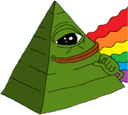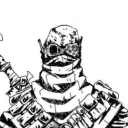rabbithole.help part 2
Research sharing / 🔃-the-great-reset
Between 01-Aug-21 12:00 AM and 01-Sep-21 12:00 AM









 2
2
 1
1
 2
2
 2
2

 3
3

 2
2


 2
2
 2
2
 2
2
 1
1

 3
3


 2
2

 2
2

 2
2


 1
1

 1
1

 regarding Stakeholder capitalism and ESG
regarding Stakeholder capitalism and ESG
 3
3



 3
3

 from the conclusion:
from the conclusion:

 2
2

 2
2

 1
1



 3
3

 1
1



 ⬇️⬇️⬇️ https://t.co/AH7wkZPGpc
⬇️⬇️⬇️ https://t.co/AH7wkZPGpc 2
2



 2
2


 3
3
 3
3
 3
3
 1
1



